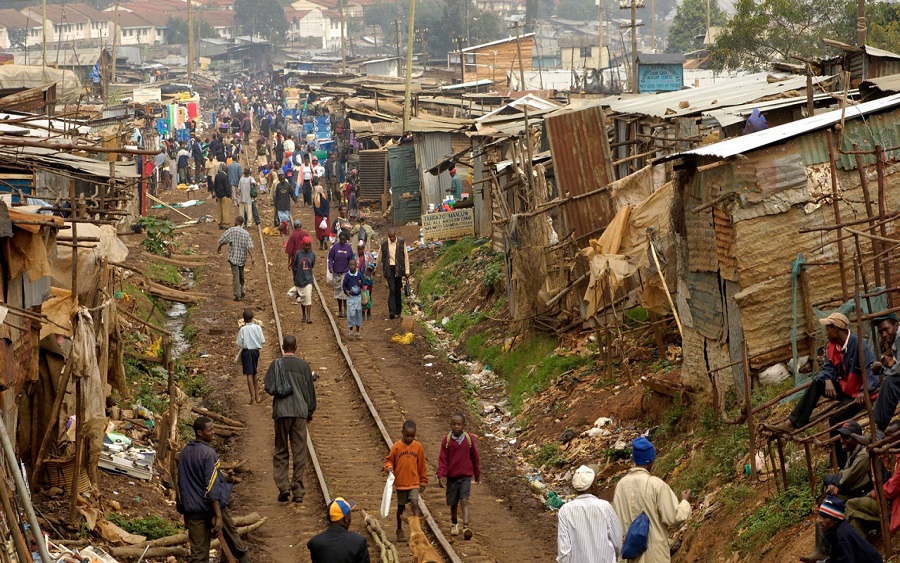The global pandemic, rising inflation, ongoing uncertainty related to the war in Ukraine and the relentless population growth have made Nigeria’s poverty-reduction goals more challenging than ever.
This was disclosed by World Bank economists, Jonathan Lain and Jakob Engel, in a post published on the bank’s blog.
According to the duo economists, Nigeria’s aspiration to lift all of its people out of poverty by 2030 presents a serious challenge.
What they are saying about Nigeria’s poverty
Nigeria’s aspiration to lift all of its people out of poverty by 2030 presents a serious challenge. Even before COVID-19, 4 in 10 Nigerians lived below the national poverty line – some 80 million people.
- They stated that “The global pandemic, rising inflation, and ongoing uncertainty related to the war in Ukraine – combined with relentless population growth – have made Nigeria’s poverty-reduction goals more challenging than ever.
- Through its effects on investment, technology transfer, and competition, trade can help growth-boosting job creation, increasing domestic value-added, and reducing the price of goods that Nigerians buy along the way. All of these effects may contribute to reducing poverty.
- “Yet : even if trade leaves people better off on average, some households could lose out. Trade has two types of direct price effects on households’ wellbeing.
- “First, trade policies determine the prices for products that households need to buy. Second, trade policies influence households’ income-generating activities, by changing the prices of goods that they produce. There are also important indirect effects; for example, trade can alter the mix of jobs – and the earnings in those jobs – that are available in the economy by increasing private investment but also exposing domestic firms to international competition.”
- They added that in Nigeria, many policies limit trade; “the country is not unique in this regard, as protectionist policies have been on the rise the world over and the ongoing war in Ukraine could intensify this. Throughout the past two decades, import bans, tariffs, and foreign exchange restrictions have all curbed the flow of goods into Nigeria.
- “These restrictive policies culminated in Nigeria closing its land border for more than a year in August 2019. Nigeria is also currently negotiating the terms of its participation in the African Continental Free Trade Agreement (AfCFTA); therefore, discussions of trade policy are very topical.”
Considering the direct price effects on consumers first, they found that virtually all Nigerians purchase at least some of their food, so protectionist policies that increase food prices could reduce their purchasing power and their living standards. This issue, according to them, is currently especially important, given the impact of the war in Ukraine on food price inflation.
Bottomline
In principle, households’ exposure to these protectionist price shocks depends on the specific goods that they buy; but it turns out that buying local goods, which poorer Nigerians might do more, offers little insulation against such price shocks. Rice exemplifies this point.
